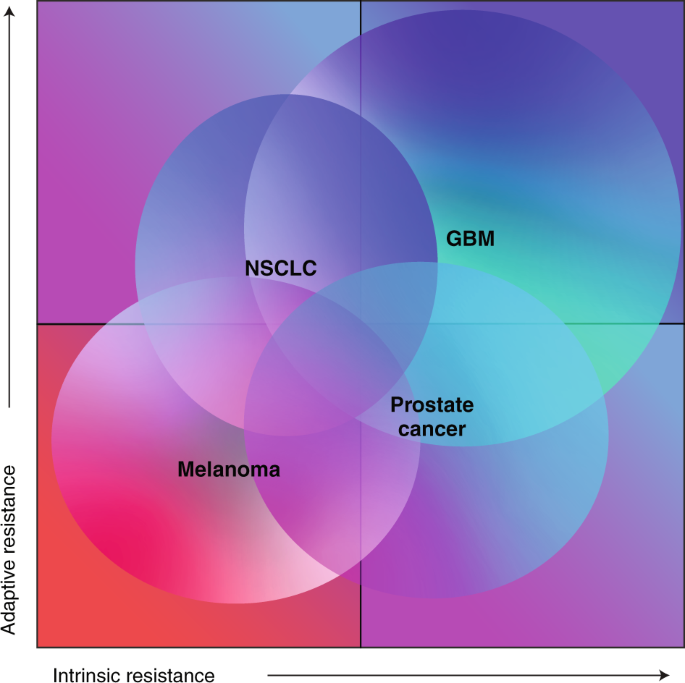
- Select a language for the TTS:
- UK English Female
- UK English Male
- US English Female
- US English Male
- Australian Female
- Australian Male
- Language selected: (auto detect) - EN
Play all audios:
Uttar Pradesh Chief Minister Yogi Adityanath on Thursday underscored the importance of collective responsibility and public participation in environmental conservation. Inaugurating the
National Seminar–2025 on International Biodiversity Day here, he stressed that safeguarding the environment is a shared duty, not the government’s alone. Advertisement He urged people to
live in harmony with nature, drawing upon India’s Vedic philosophy and Sanatan traditions, which underscore the deep cultural reverence for the environment. Citing the Vedic Shanti Path, he
noted that every auspicious ritual in Sanatan Dharma begins with prayers for the well-being of the earth, water, sky, and all living beings. Advertisement He noted that these traditions
underscore humanity’s deep-rooted connection with nature and biodiversity. Citing the Atharva Veda, he referred to a verse that reveres the Earth as a mother and humans as her children,
bound by duty to protect her. Reaffirming India’s global commitment to biodiversity conservation—an issue that gained international attention in 1992—CM Yogi emphasized that achieving the
goal of net-zero emissions by 2070 requires active participation from every individual, as resolved by Prime Minister Narendra Modi. “Government efforts alone are not enough; sustainable
development will only be possible when society works harmoniously with nature,” he asserted. Reflecting on India’s self-reliant rural traditions, the Chief Minister recalled how villages
once had barns, pasture lands, ponds, and compost pits, all contributing significantly to environmental sustainability. Solid waste was turned into compost, ponds ensured hygiene, and
pasture lands supported livestock. However, these time-tested practices have been neglected in pursuing modernity, leading to ecological imbalance and rise of disease. He warned that
practices like converting ponds into drainage outlets and encroaching on pasture lands are short-sighted and self-destructive. Highlighting Uttar Pradesh’s commitment to environmental
protection, Chief Minister Yogi Adityanath stated that the State Biodiversity Board is spearheading new campaigns to realize the vision of ‘Harmony with Nature and Sustainable Development.’
Over the past eight years, the Forest Department has significantly expanded the state’s green cover by planting over 210 crore trees. He further noted that under the Namami Gange initiative,
substantial progress has been made in restoring the cleanliness and uninterrupted flow of the Ganga River, especially in Kanpur, once considered one of the most polluted stretches. He said,
“Today, the Ganga flows clean and vibrant in that region, reflecting the success of these focused efforts.” CM Yogi also stressed the importance of traditional knowledge and local customs
in biodiversity conservation. He referred to Sanatan Dharma, where flora and fauna are deeply integrated with spiritual beliefs, trees like Peepal, Banyan, and Jamun are revered, and animals
are considered sacred. Recalling age-old practices, he mentioned how, in earlier times, even ants were not harmed but gently removed by offering flour and sugar, an example of coexistence
and ecological compassion. Questioning the current model of modern development, the Chief Minister warned that excessive mechanization, whether in drainage systems or industrial processes,
is detrimental to the environment. He advocated a return to natural and indigenous methods, such as traditional water purification systems once prevalent in rural areas. He raised concerns
over the declining populations of ecologically significant species like the Jatayu, which once played a vital role in nature’s purification cycle. Harmful side effects of chemical
fertilizers and pharmaceutical residues have brought such species to extinction. CM Yogi urged society to recognize these creatures’ importance and express gratitude toward the wisdom
embedded in traditional practices. Calling for a collective awakening, he said that biodiversity conservation must become a Jan Andolan—a people’s movement. “This creation is not for humans
alone,” he stated. “To preserve our very existence, we must unite to protect wildlife, water resources, and the environment.” He emphasized that while the State Biodiversity Board is moving
in this direction, active public participation must further accelerate these efforts. Advertisement






